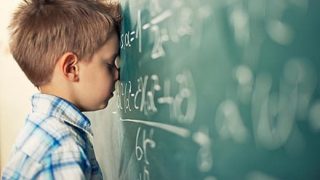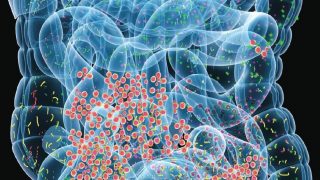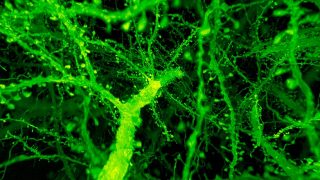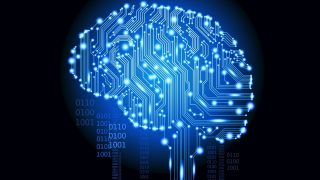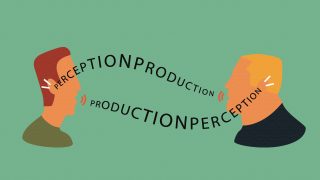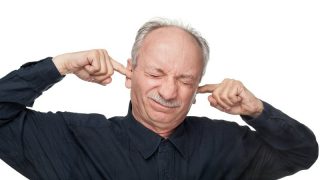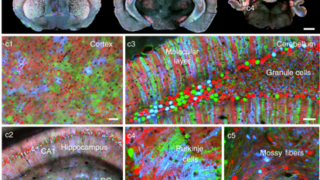
Chromatic multiphoton serial microscopy can generate brain-wide atlas-like colour datasets with subcellular resolution
Biology • Biomedicine • Computer science • Nanotechnology • Neuroscience • Physics
In 1873, the microscopist Ernst Abbe stipulated a physical limit for the maximum resolution of traditional optical microscopy: 0.2 micrometers, or 200 nanometers (the shortest wavelength for visible light, the extreme limit of violet). This meant that scientists could distinguish whole cells, as well as some parts of the cell called organelles. However, they would […]
